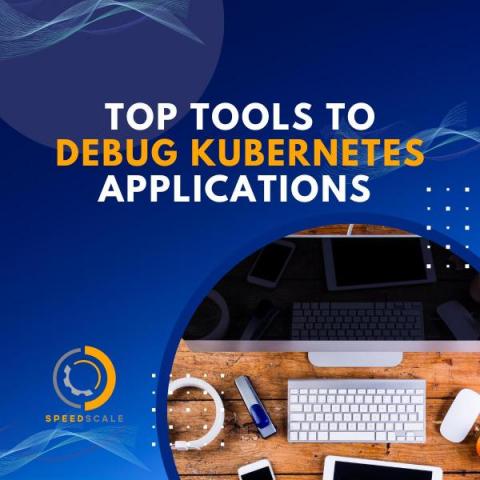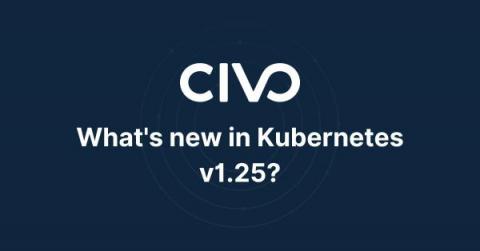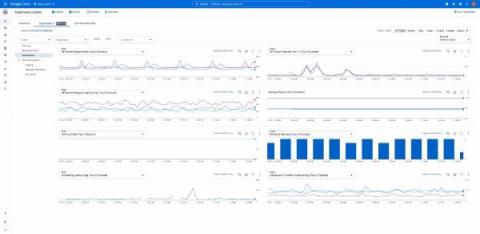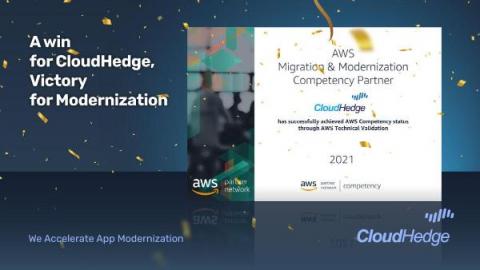Top Tools to Help Debug Kubernetes Applications
When building cloud-based applications, managing the infrastructure becomes a bigger challenge as you scale. Kubernetes brings order to the chaos, letting you control and automate the containers used to deploy your application. Debugging in the cloud presents further challenges, and the complexities of distributed applications make it hard for many debugging setups to keep pace. Tools designed to run locally aren't effective. However, there are Kubernetes debugging tools that can handle the shift in paradigm. In this article, you'll read about several options that make debugging Kubernetes applications much easier.










